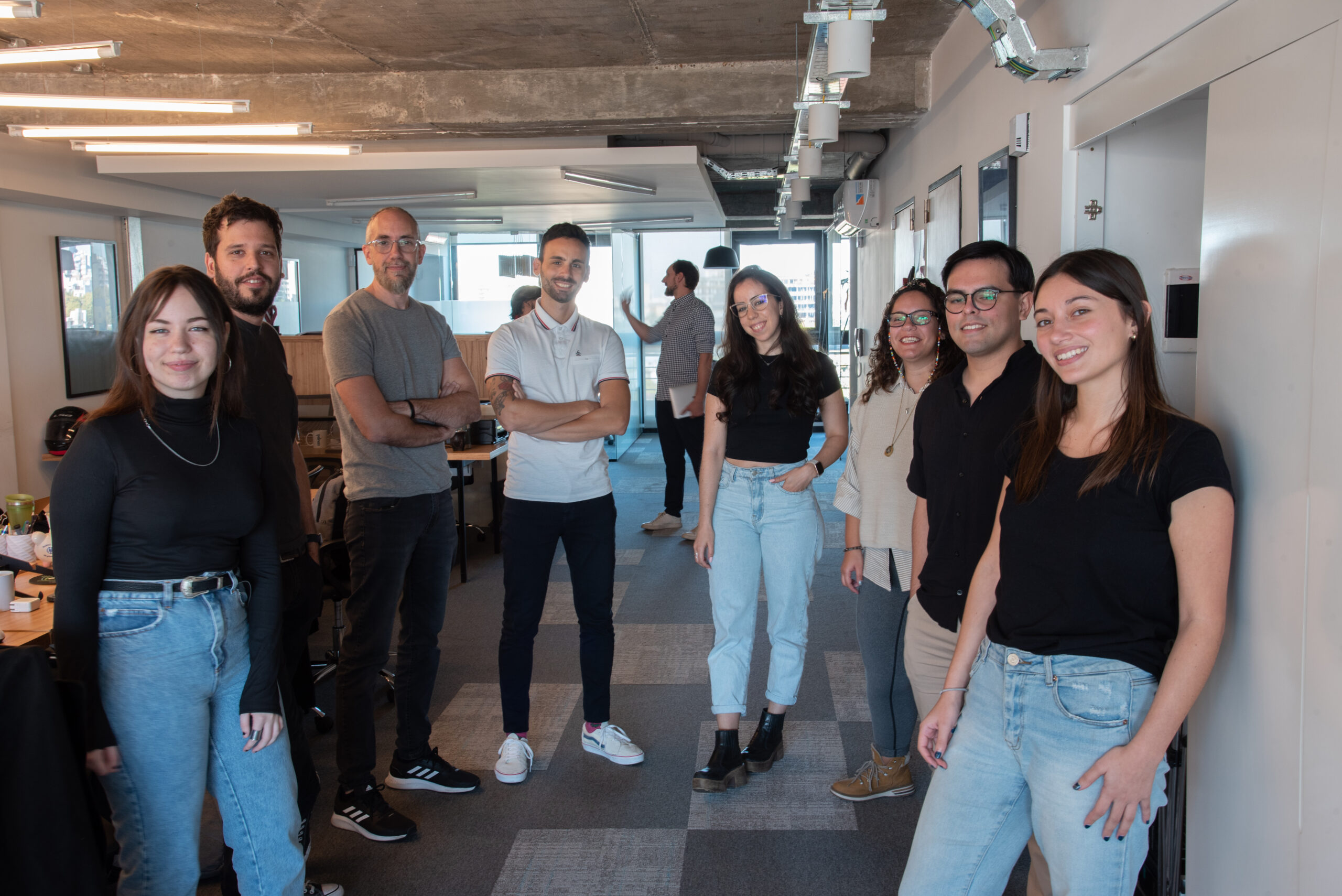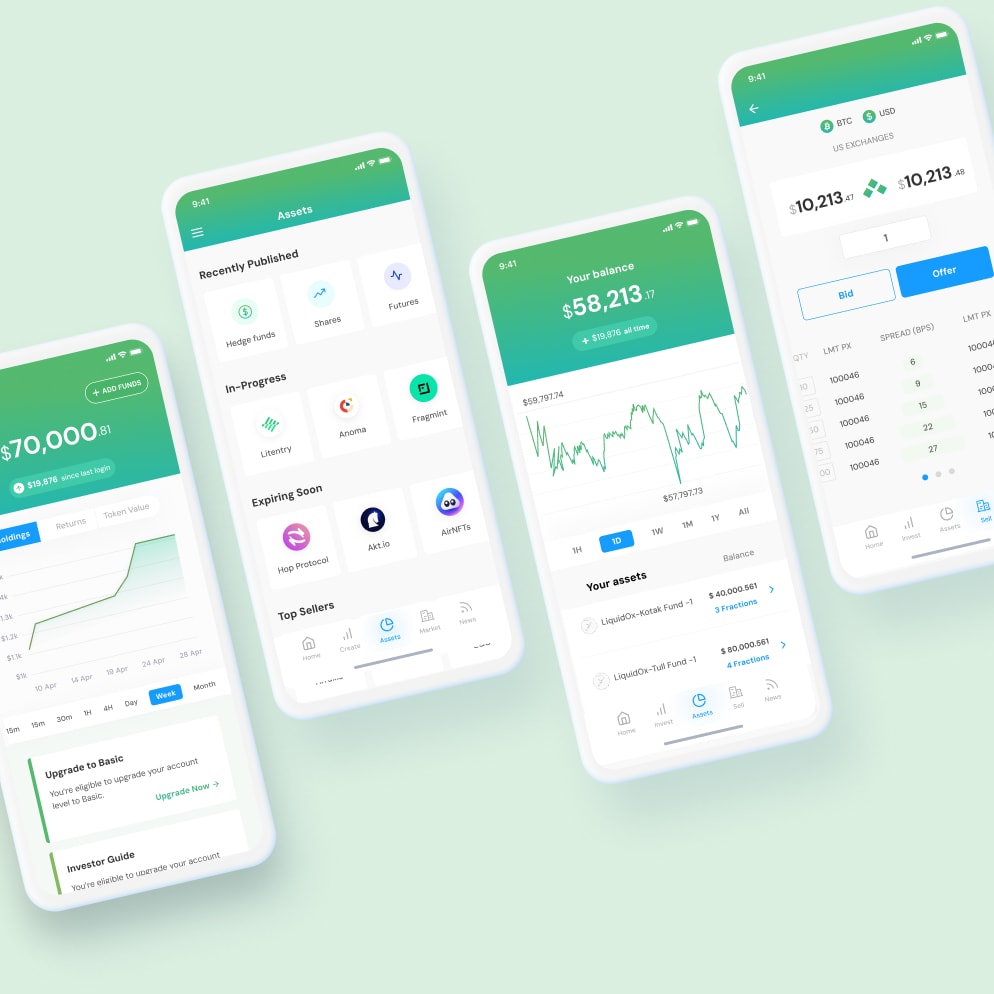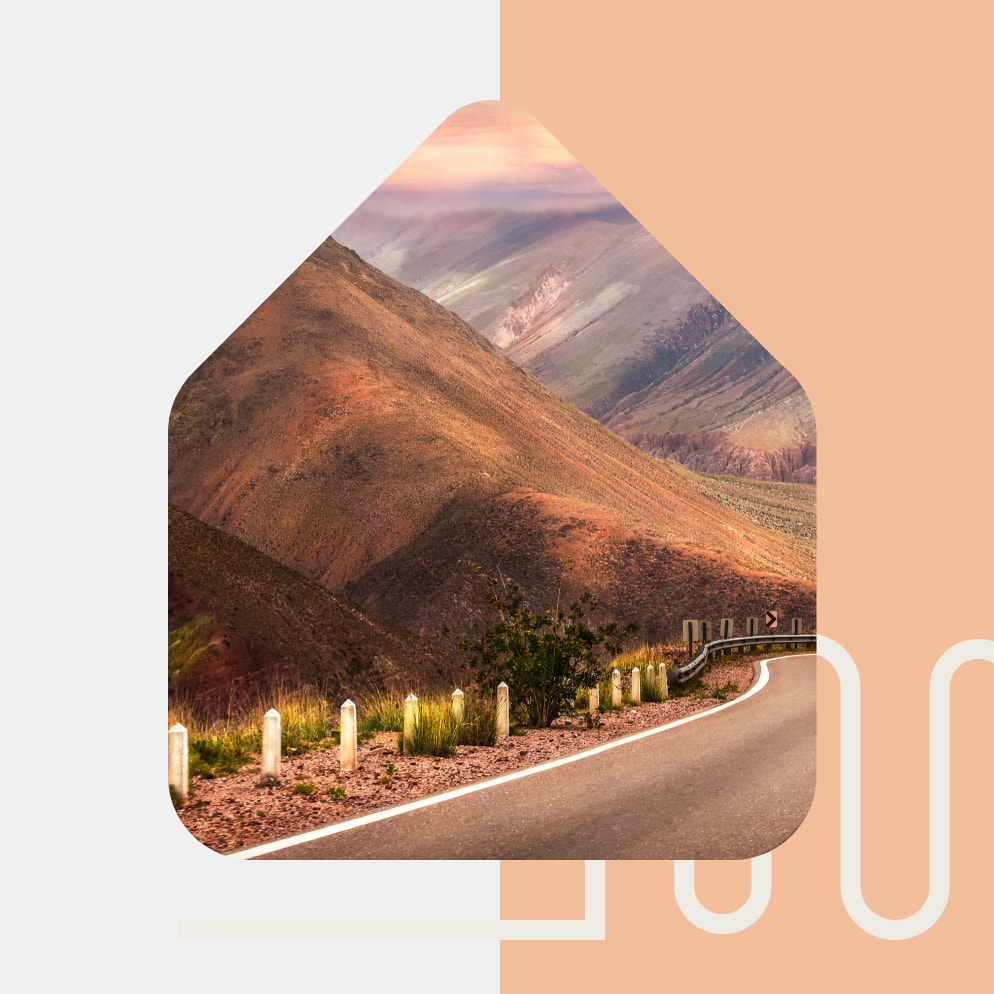After years of building and leading design teams across continents, one pattern became impossible to ignore: the best designers aren’t where most companies are looking.
They’re in Latin America — specifically in Argentina, Colombia, and Mexico — three countries that stand out not only for their creative output but for their mindset, cultural depth, and adaptability.
Let’s break it down.

Argentina: Design with Criteria and Culture
Argentine designers have something rare — strong judgment.
They don’t just follow trends; they question, interpret, and create from intent. There’s a cultural density here that shapes how they see the world: art, architecture, chaos, and conversation all play a role.
You’ll find designers who understand product thinking, who can debate user experience, and who hold a high bar for aesthetics. Their English proficiency is solid, their understanding of international standards sharp, and their ability to deliver under pressure unmatched.
Economic instability has created what might be their strongest asset: resilience. It built a creative culture that thrives under uncertainty — where improvisation meets precision.
Colombia: Youth, Adaptability, and Hunger
Colombia’s design scene is growing fast. The new generation is hungry, adaptable, and technically sharp.
They’re quick learners, open to feedback, and eager to build global portfolios. While not every designer is senior-level yet, the growth curve is steep — and when you find a great one, it shows immediately.
Colombian designers bring energy. They want to prove themselves, collaborate, and push projects forward. Prices remain competitive, but the value goes far beyond cost-efficiency — it’s about growth potential.
Mexico: Maturity and Reliability
Mexico offers a more mature and stable market. There’s a larger base of experienced designers, better infrastructure, and a professional rhythm that aligns perfectly with U.S. time zones.
Communication tends to flow naturally, and teams are accustomed to working with international clients. If you’re looking for scale, consistency, and process-driven collaboration, Mexico delivers.
What They Share: Culture, Language, and Perspective
Argentina, Colombia, and Mexico share something that outsourcing hubs in Asia can’t replicate — cultural proximity.
Design isn’t just execution. It’s conversation, nuance, humor, and context. Latin designers understand the subtext — the “why” behind a product, a campaign, or a visual identity.
They think in the same emotional language as Western audiences. That connection translates into design that feels alive, human, and relevant.
Latin design is no longer a “budget-friendly” alternative.
It’s a strategic advantage — where creativity, cultural understanding, and business sense meet.
Final Thought
If you’re building a digital product, a brand, or an ecommerce experience, stop looking only to San Francisco, London, or Berlin.
The next generation of top design teams is already here — in Buenos Aires, Bogotá, and Mexico City — shaping a new era of global design.
Latin design isn’t emerging. It’s arrived.








